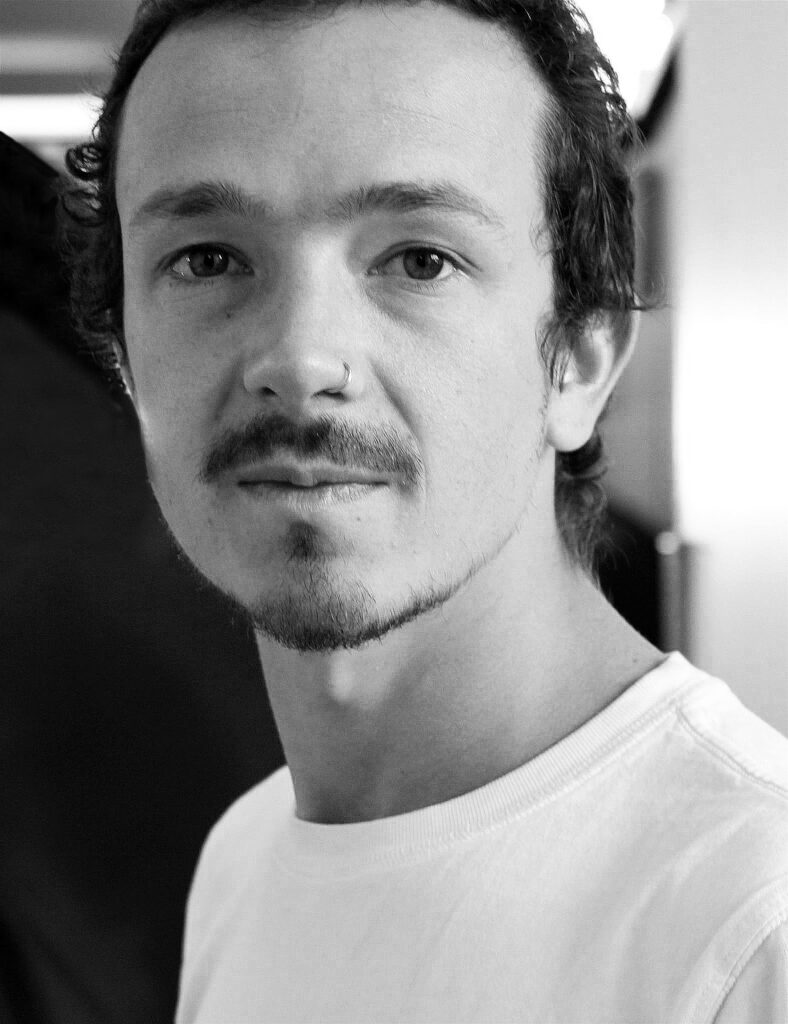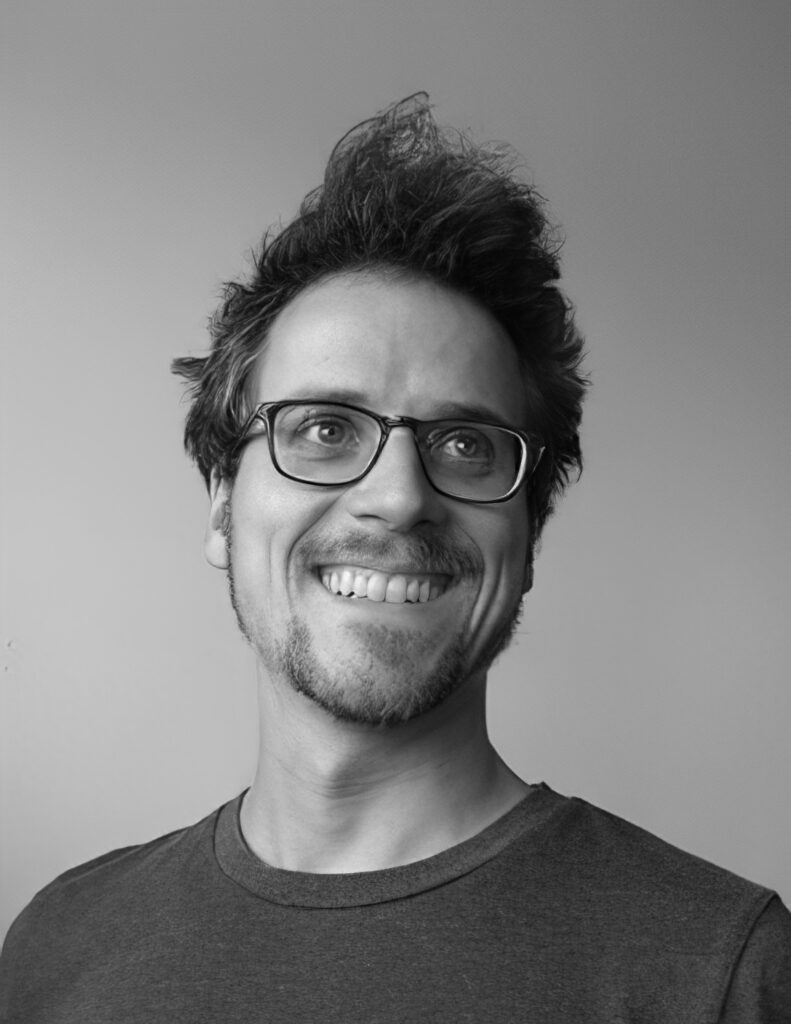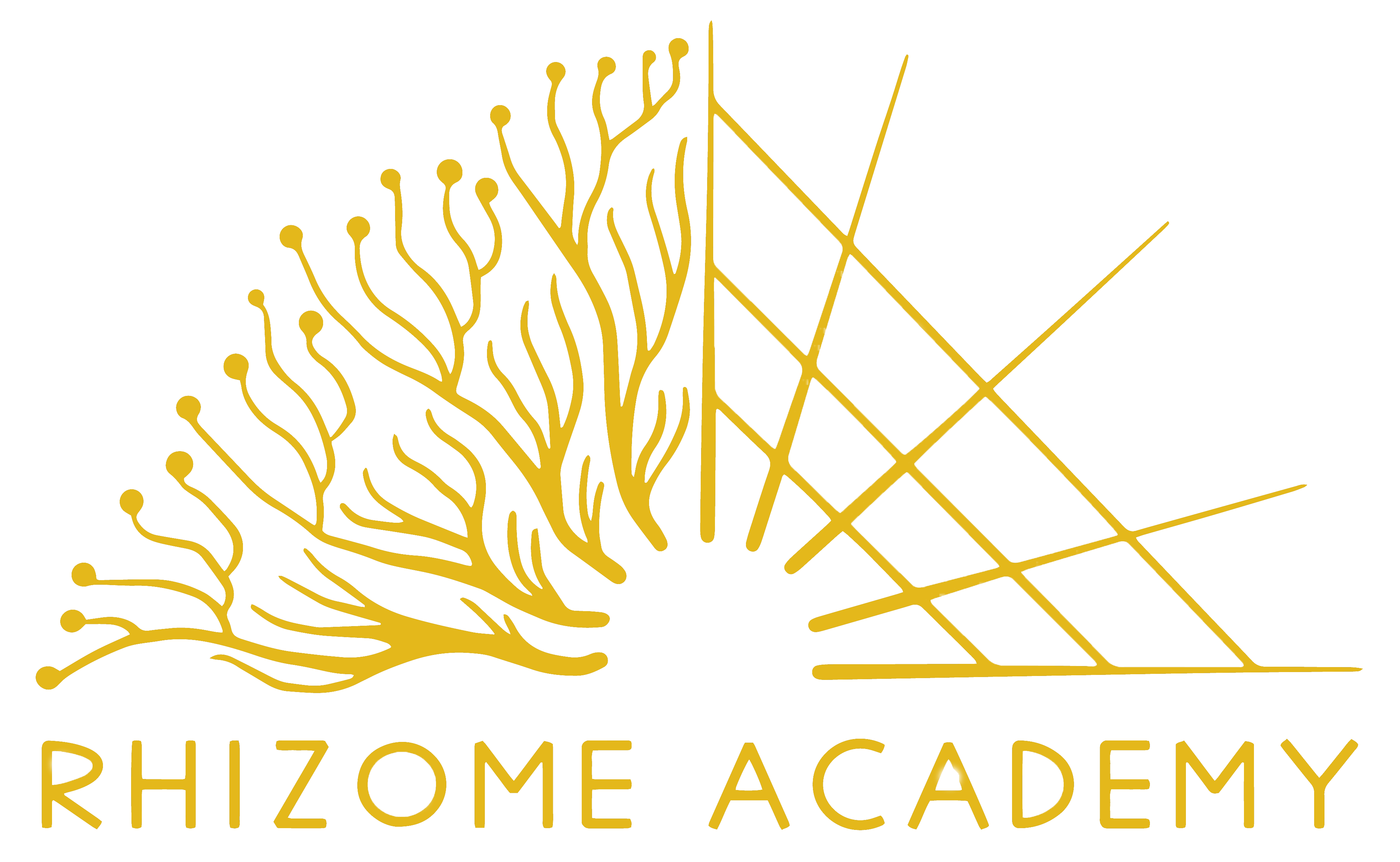RHIZOME ACADEMY International Summer School Juli "Future Foods", August "Food Environments" & September "Agroecology" Berlin 2021 - Food Systems

The Rhizome Academy is a nomad and multidisciplinary art school specialised on teaching and developing projects related with environmental awareness, biology, technology and their connections with new media arts.
read more…Experienced professional scientists, teachers and artists are invited to share their knowledge during our practical workshops in a variety of formats, setting up programs that enable the participants to learn about up do date and relevant scientific information, and at the same time offering mentoring, conceptual and technical support for the development of their creative projects.
Biology labs, media studios, galleries, scientific research stations, rafts, online platforms and nature are our classrooms, using the diversity of environments as a tool to enrich and diversify the learning experience. The Rhizome Academy encourages climate aware creative processes and offers community development by opening a rhizomatic platform for the networking of the multiple discipline agents of the city.
Resume
Food systems provide humans with the most basic need – nutrition. Yet, current food systems are failing in several perspectives. Firstly, they do not provide healthy nutrition to all people on the planet. Unbalanced diets are the global health risk no. one and include both under- and overnutrition. Today, more than 800 million people are undernourished, while at the same time, 2.000 million people are overweight.
Secondly, our food systems are today the largest risk for our environmental systems. Food systems are not only causing one-third of global greenhouse gas emissions; they are the primary driver of biodiversity loss, water use, nitrogen pollution and soil degradation.
Our workshops shall investigate and explore creative solutions to make our food system more sustainable. To do this, we want to bring artists and designers together with food system experts from science. The aim is to highlight innovative and out-of-the-box solutions and communicate them to the general public using artistic approaches.
Our workshops will result in concrete products, that will be developed during the overall duration. They can include installations, experiments, apps, videos or other media.
Food futures according to the shared socioeconomic pathways
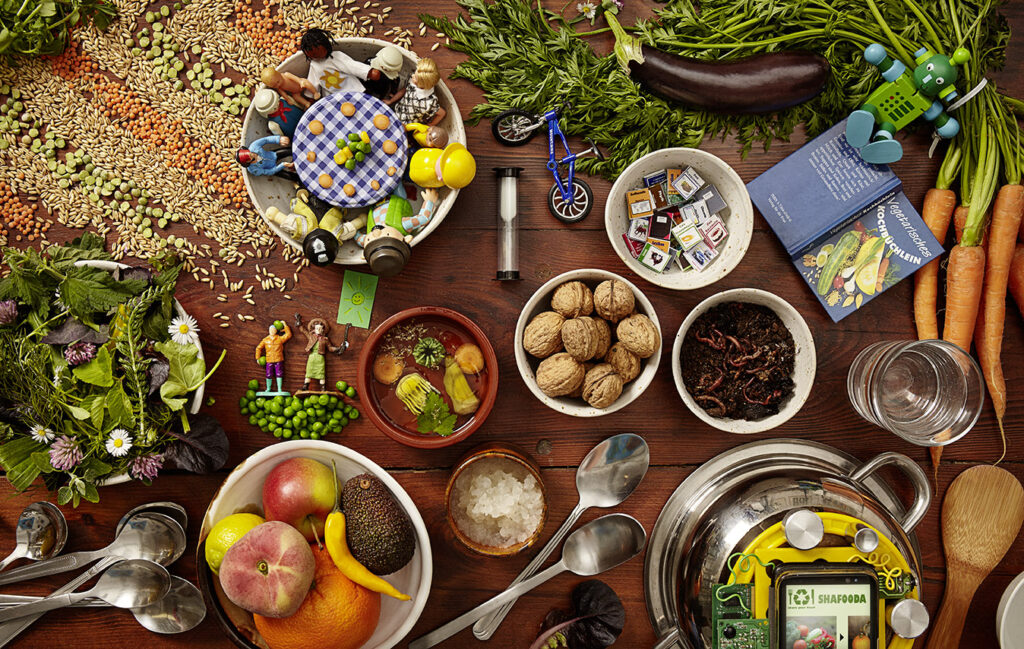
Sustainable diets do not only require a radical change of eating habits towards healthy and largely plant-based foods; they also require a change of our “food environments”, a food-aware culture, sociable food consumption and a roll back of commercial interests.
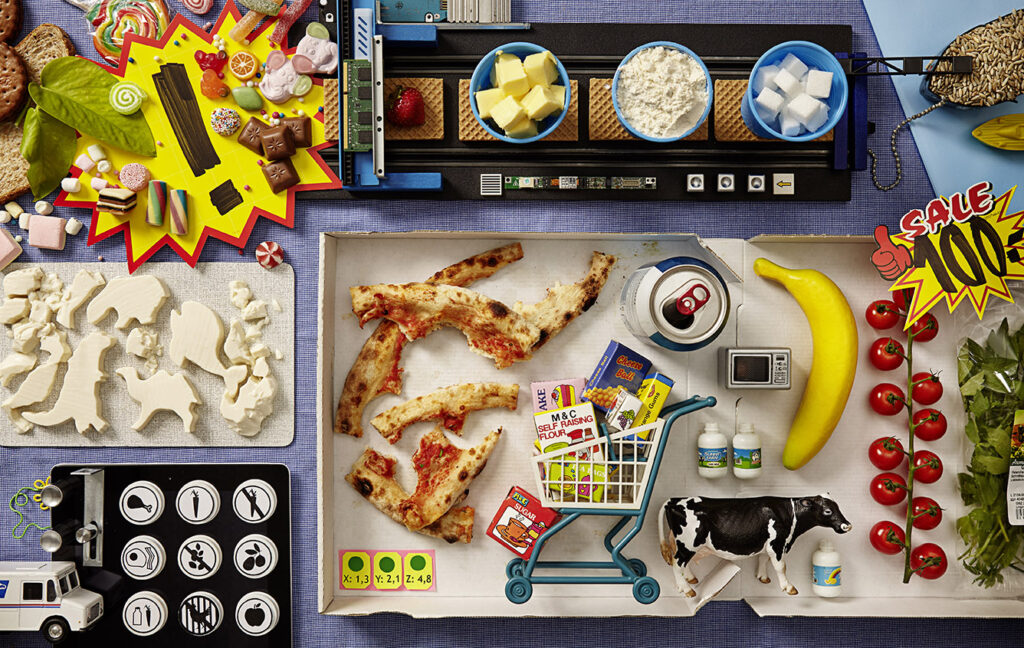
A continuation of current trends may provide us with highly pre-processed and unhealthy diets, in which consumers prefer convenient foods over healthy or cheap foods, and are insensitive to food waste. Consumers live in food environments that are dominated by advertisement and commercial interests.
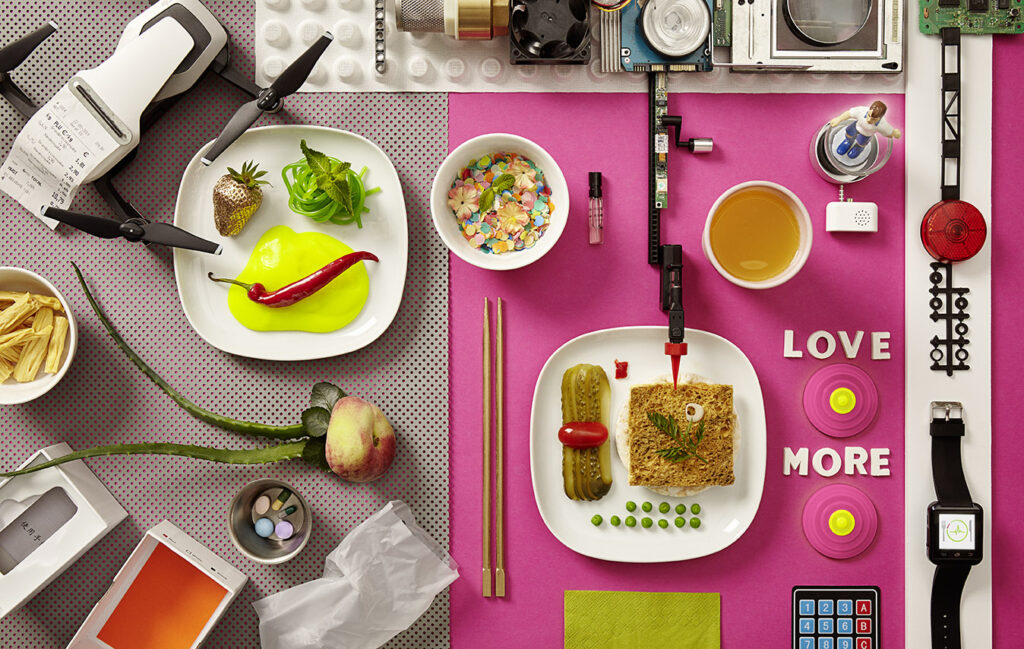
High-tech diets may include novel foods like 3d printed foods, bacterial protein, and geneticaly modified organisms. But a world which provides such diets may likely also be dominated by high-tech companies, using algorithms to choose our diet and maximize our consumption spending.
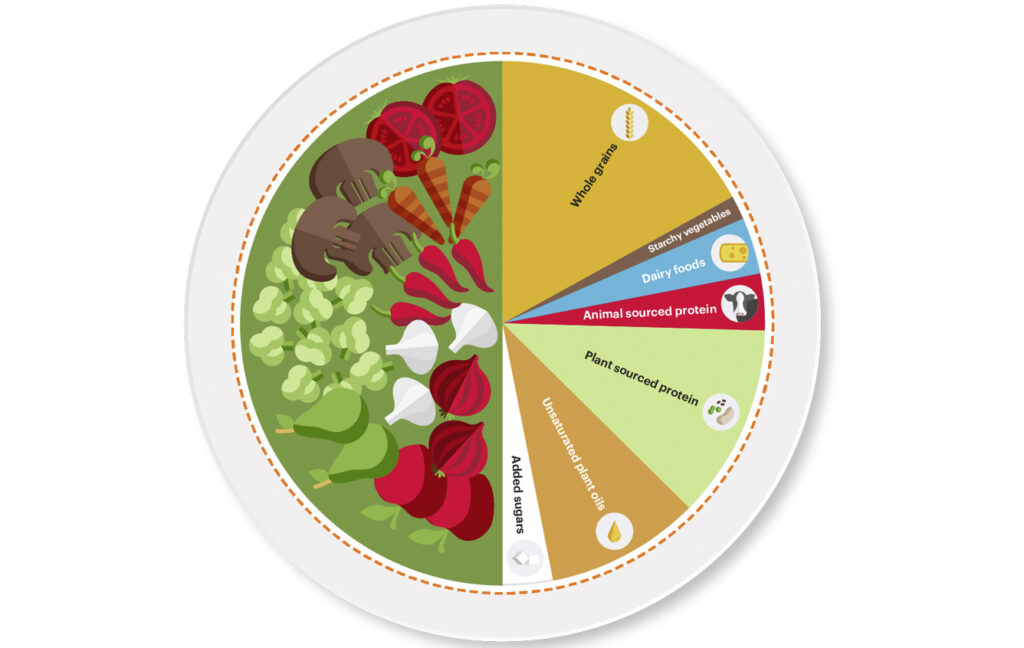
The planetary health diet describes a diet that is both healthy and good for the environment. Compared the current diets, it includes much larger portions of vegetables fruits nuts pulses and wholegrain, and much less animal products, sugar, processed grains and roots.
What is the future of food production?
As preparation for the workshop, we asked the artificial intelligence network “OpenAI GPT-3” what she thinks about our research questions. The following answers are completely computer-generated based on training data from the internet.
Rhizome Academy will offer to its participants, the opportunity to follow a unique and intensive curriculum, mixing theory and practice, research and making. We are:

Together with Sebastian Muellauer, he built an automated water monitoring vessel (ORB), based on open source processes, to monitor and investigate ecosystems of water in danger of extinction. For the past eleven years, Steffen has been teaching students in Berlin, Bremen, Halle, Milan, Venice, Lisbon, Beirut and Zurich in various art schools. He made the future of water, forests and planetary boundaries, his life and teaching objectives.
